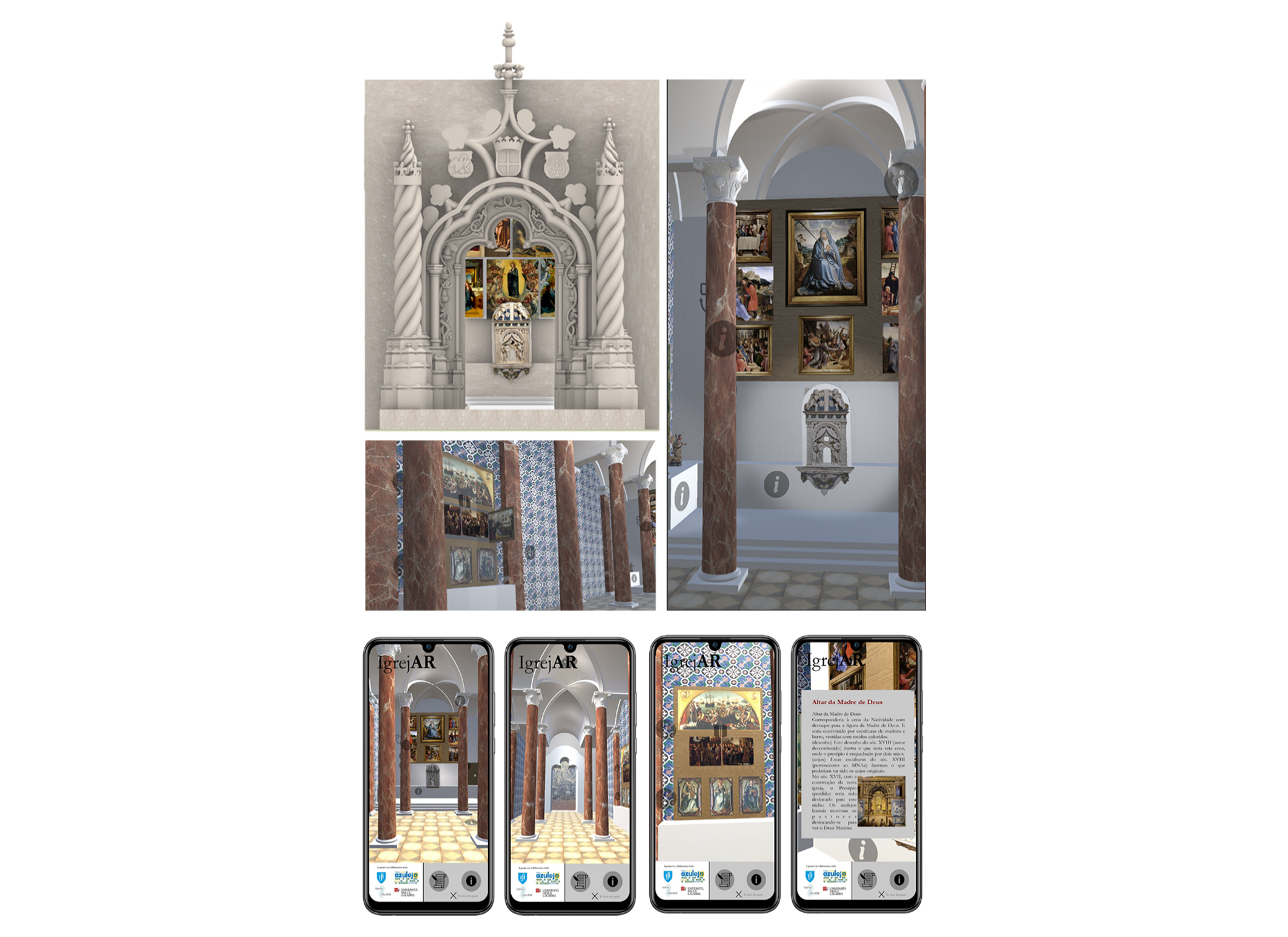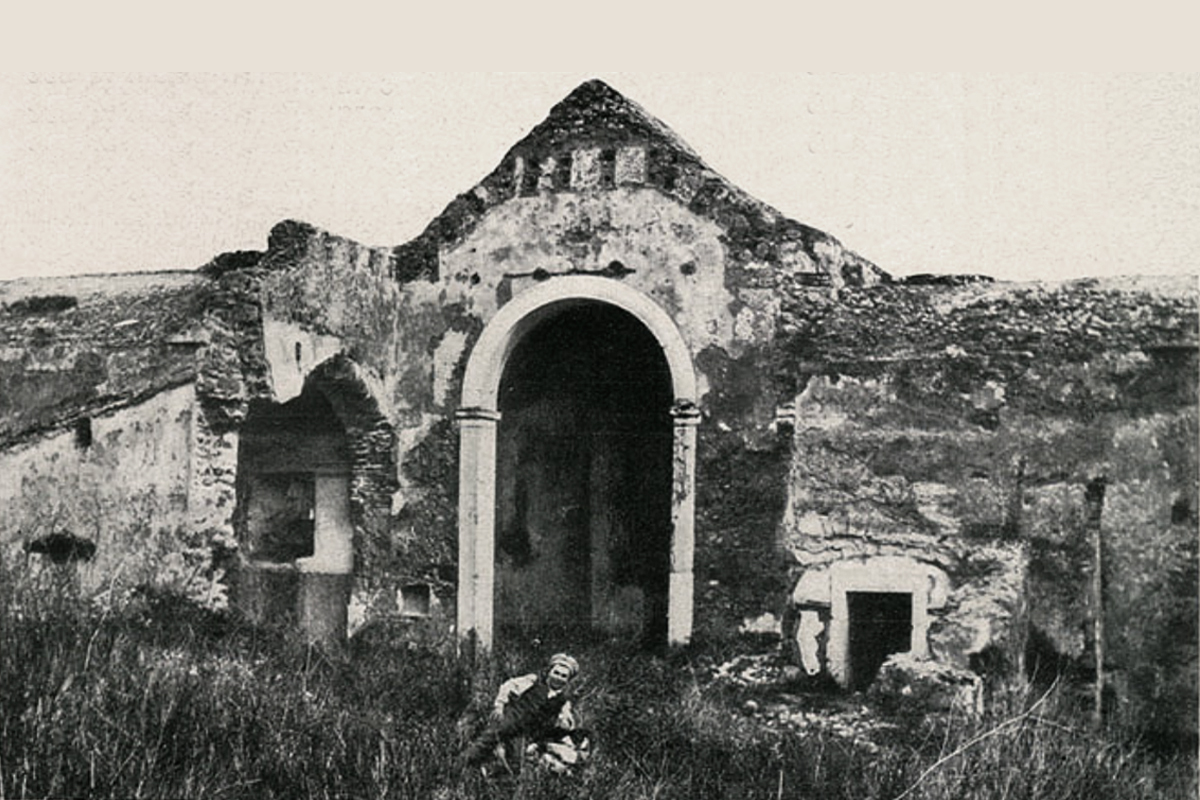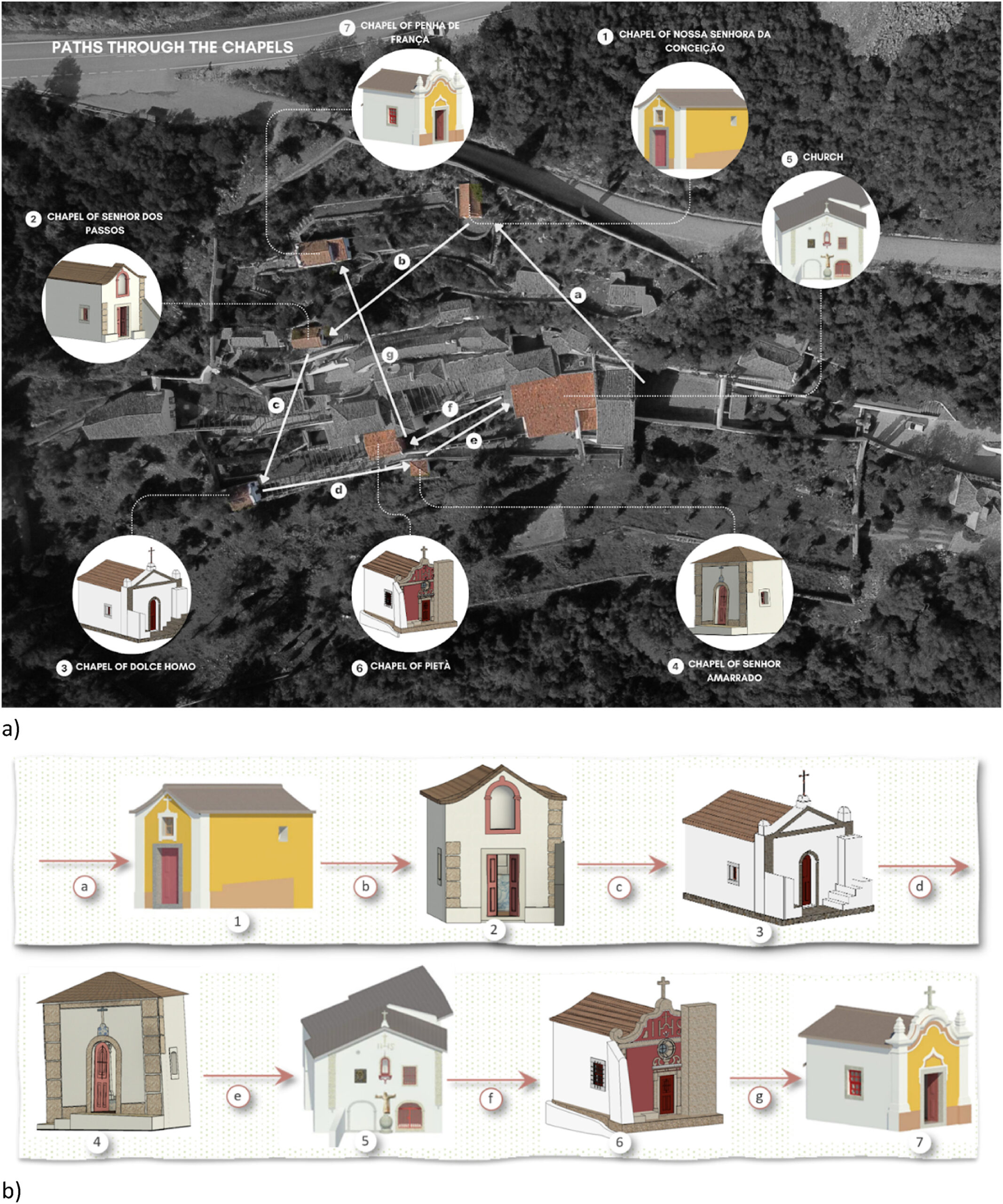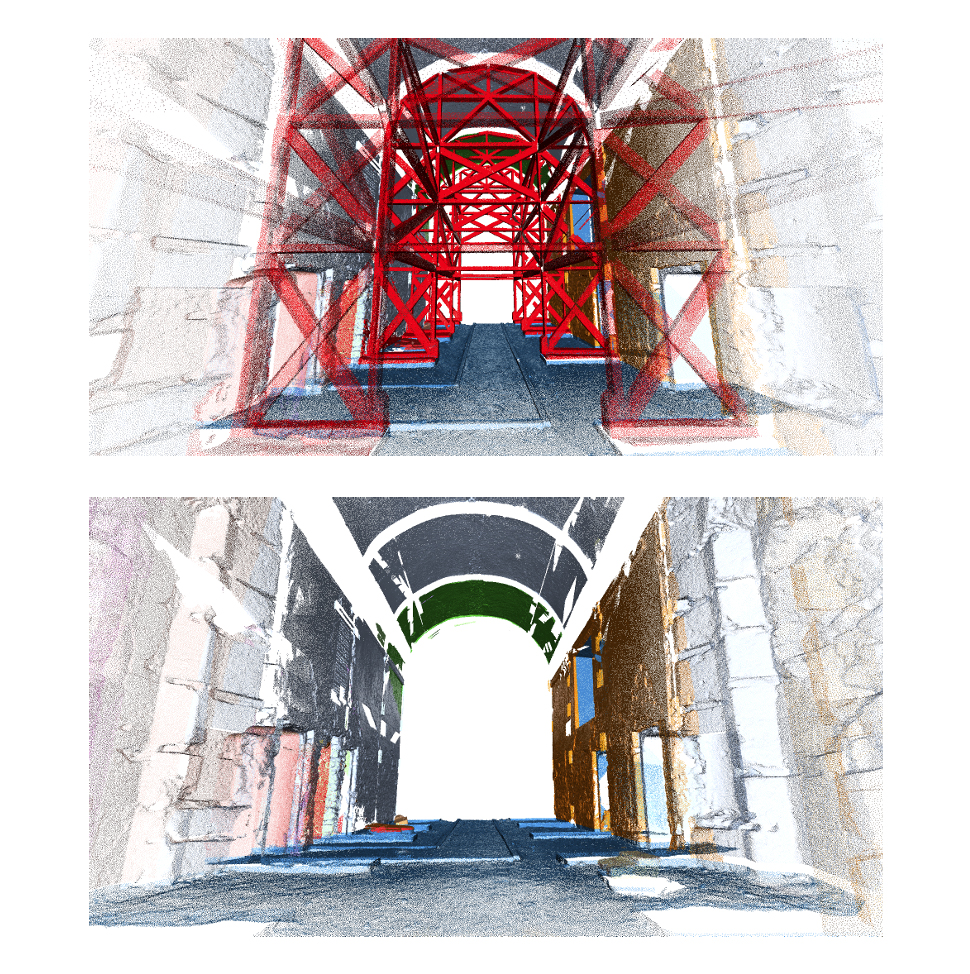
Programming in Digital Heritage
Thesis by: Rúben Coelho
The role of programming languages brings forth a multitude of contributions to the realm of digital heritage, many of which have remained largely untapped. In the contemporary landscape, digital her itage’s domain faces a prominent challenge which stands to benefit significantly from programming skills: the arduousness of digital modelling endeavours.
Currently, digital modelling processes within the digital heritage domain predominantly rely on manual interventions, demanding substantial amounts of time and effort. By partially or fully automating some of the repetitive and time-consuming tasks involved in data interpretation and transformation, programming offers a promising avenue for significantly decreasing the strenuous aspects of digital modelling.
The specific case studies conducted on the Capuchin Convent of Alferrara, Bom Jesus Sanctuary, and Santa Catarina chapel sites present a unique set of challenges further addressed through programming. Each historical location poses distinctive complexities related to the acquisition, processing, and analysis of point cloud data, such as obstructions caused by architectural elements or vegetation. Moreover, the adaptability of these languages allows for the development of specialized algorithms and workflows tailored to each case study, ensuring precise and meaningful results. The programming languages empower researchers to perform tasks, such as noise reduction, segmentation, and visualization, with high accuracy and efficiency, ultimately contributing to a comprehensive understanding of these historically significant sites.
As such, programming languages offer a wealth of untapped potential within the scope of digital heritage. Their application can streamline and expedite digital modelling processes, contributing to preserving and disseminating our rich heritage.
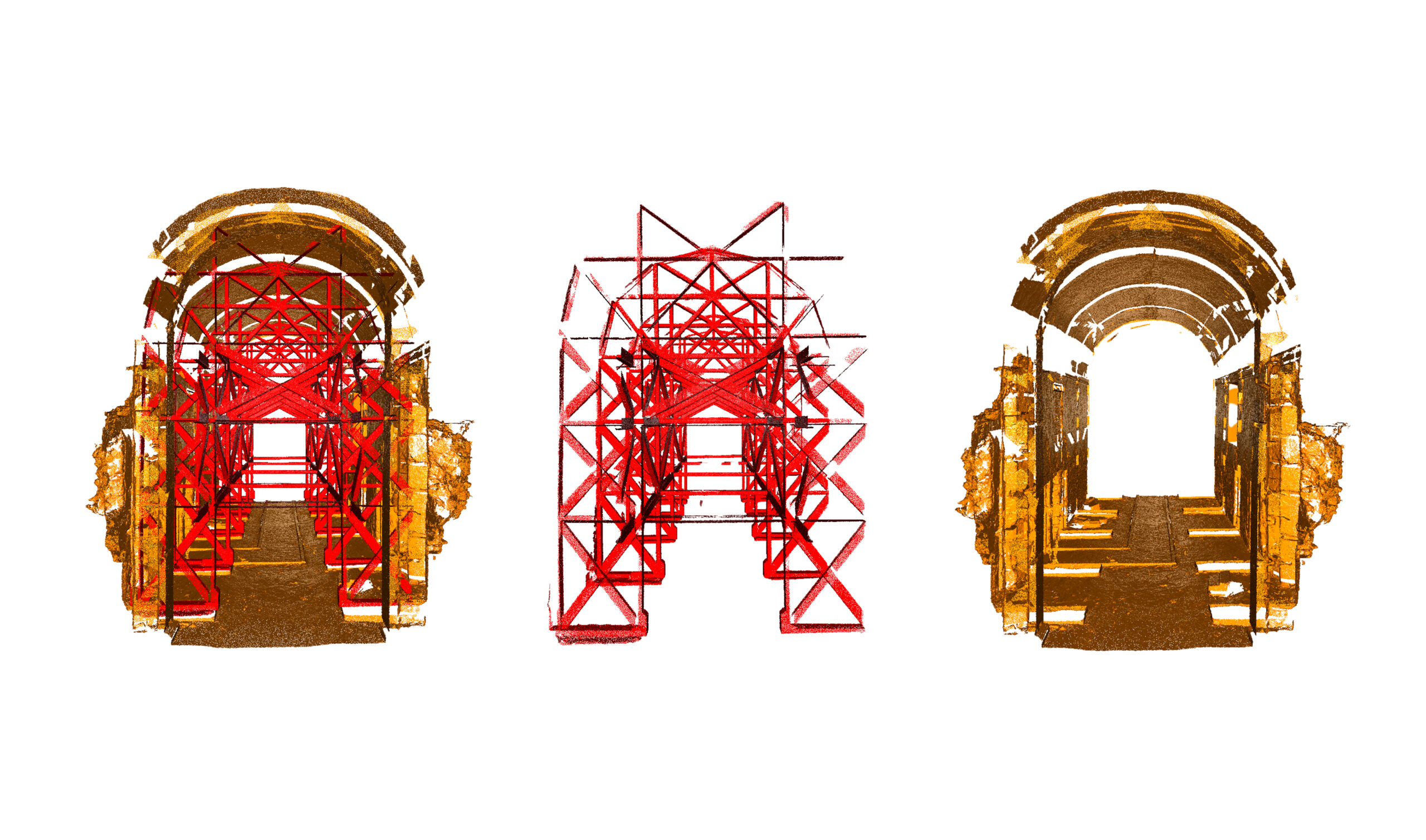
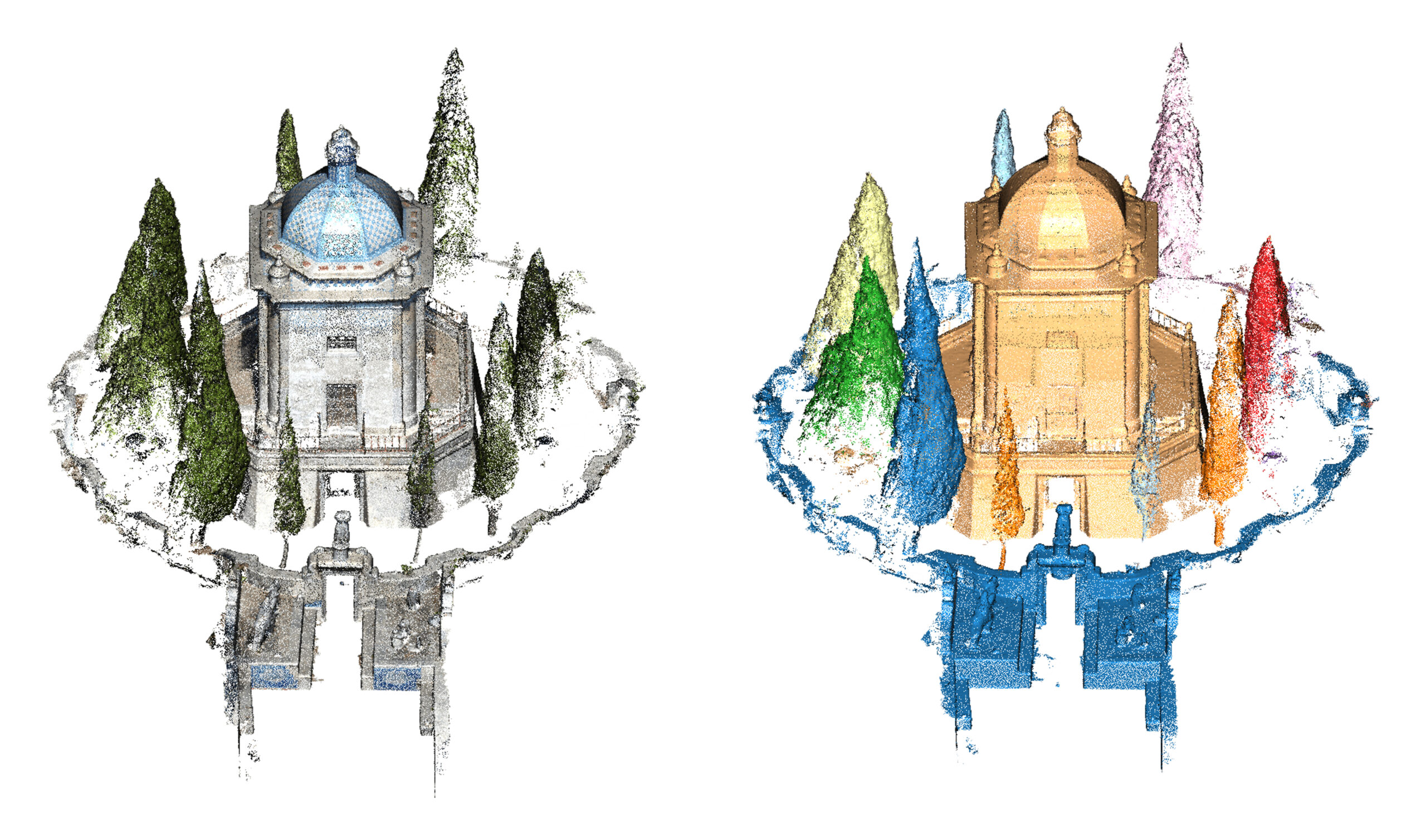
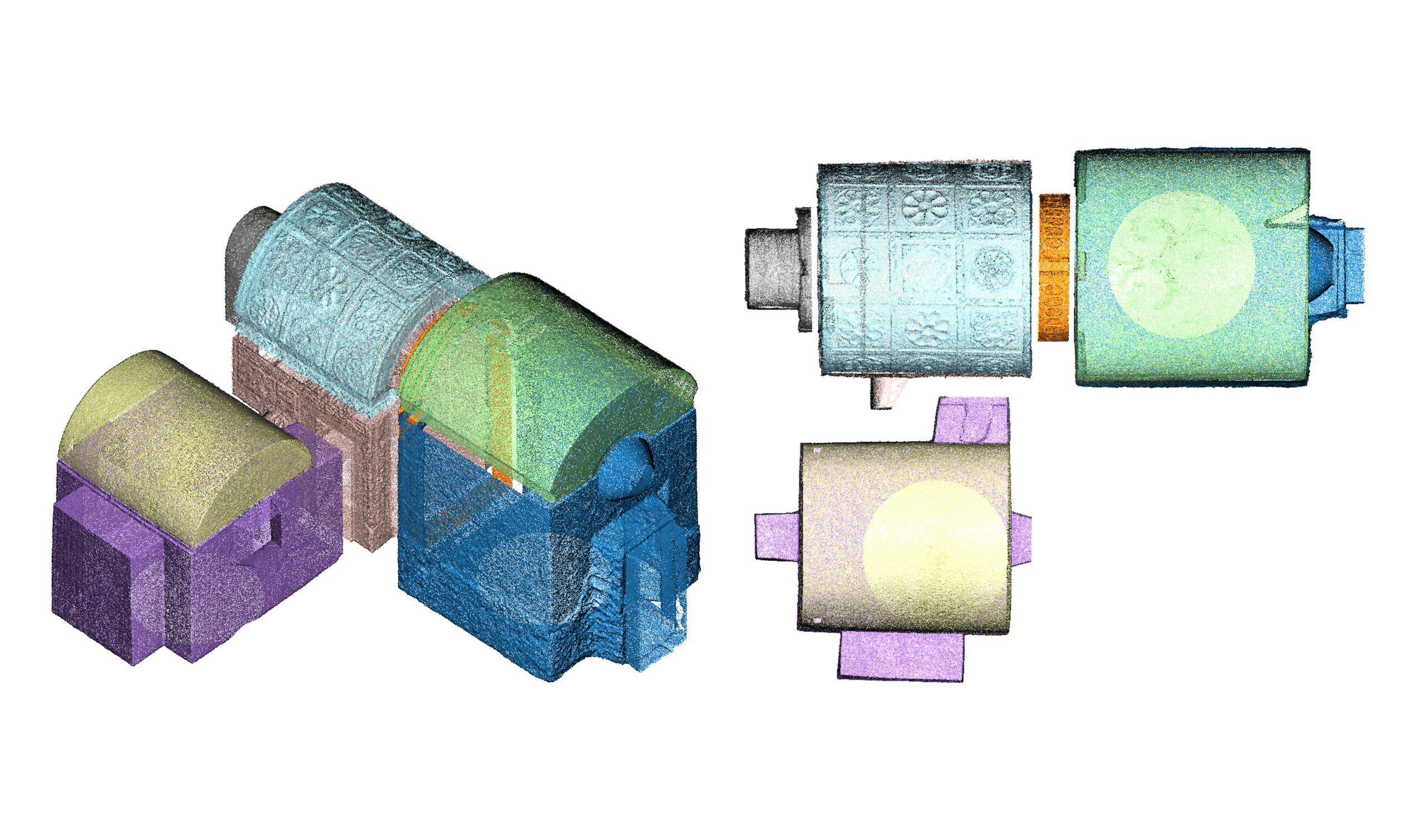
Visualizations of the three case studies, from left to right: Alferrara, Bom Jesus and Santa Catarina.
Acknowledgements to:
Fundação Oriente
Associação de Municípios da Região de Setúbal

